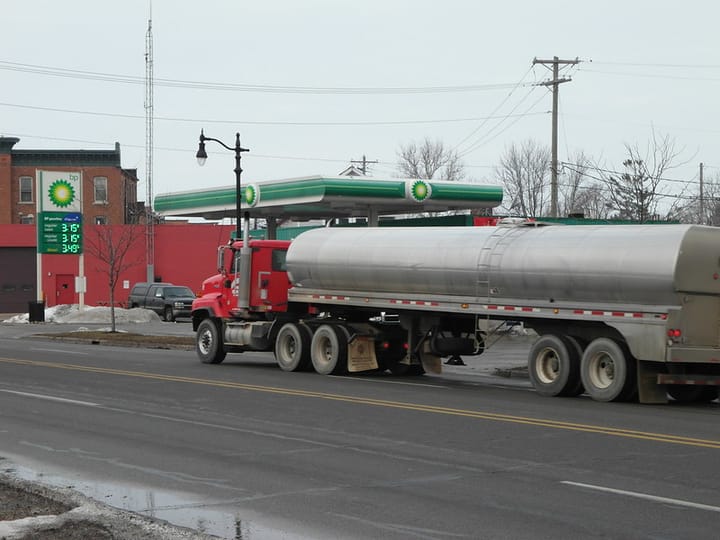
Supreme Court Grants Oil Companies’ Request To Intervene In Boulder Climate Case
The decision to take up the case could stall, and potentially block, efforts to hold the fossil fuel industry accountable for climate change harms.
The United States Supreme Court decided on Monday to take up a petition filed by oil companies ExxonMobil and Suncor in a climate deception case brought





